Bulgaria’s Micro-Hydro Power Surge
Bulgaria has less than six years left to reach its binding EU target of producing 20 percent of its energy from renewables. One renewable energy form -- micro-hydro technology -- is causing controversy.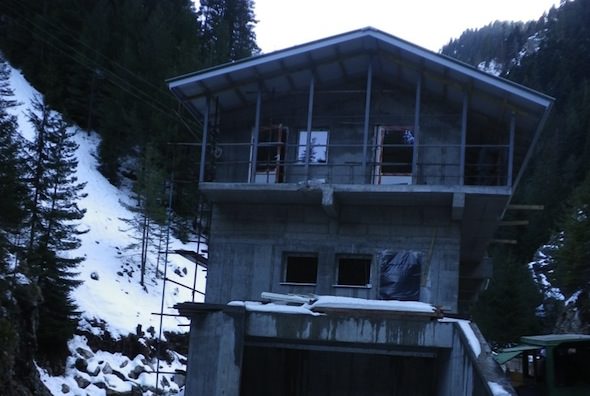
By Kieran Cooke, Climate News NetworkThis piece first appeared at Climate News Network.
BOROVETS, Bulgaria — Dimitar Lobutov, an entrepreneur investing in a micro-hydro plant here, has little time for environmentalists.
“They are the biggest racketeers in the country – they make all manner of accusations but can’t prove anything”, says Lobutov. “It’s people like me who are developing Bulgaria – the greens just do nothing but complain or try and sabotage our efforts.”
Lobutov, among other things a property developer and importer of electrical equipment, stands proudly by his soon-to-be-completed 1,300 kilowatt micro-hydro power plant in a beautiful narrow mountain valley about 30 miles from Sofia, Bulgaria’s capital. Just down the road is one of the country’s main ski resorts. There is thick snow: the clear waters of the river Iskar flow nearby.
Micro-hydro is very much in fashion in Bulgaria, with plants being built on rivers throughout the country. They are relatively simple to construct and operate: pipes are laid perhaps two kilometres upriver, and water is then fed through the pipes, to flow down and drive turbines at a power station.
Electricity generated is sold to the national grid. Investors like Lobutov – he says he’s invested more than two million Bulgarian lev (€1 m/US $1.375 m) in his plant – are guaranteed a set price from the Government, in his case over a period of 15 years.
Threat to rivers
“I plan to get my investment back within six or seven years”, says Lobutov. “I want to leave a financial legacy for my grandchildren.”
Petko Tzetkov works for the Sofia-based Bulgarian Biodiversity Foundation. “Many people think micro-hydro is a clean energy solution and will help us achieve EU renewable targets. But the reality is these plants are being built without any overall energy plan and are often not properly licensed or monitored”, he says.
“They have a big and damaging impact on water resources and wildlife – many are being built within national parks and other protected areas.”
Ivan Mishev, head of a fishermen’s union, says: “It’s a dire situation. In the old communist days about 20% of the country’s rivers were destroyed by badly planned dam projects. Now rivers are being destroyed by micro-hydro.
‘Money launderers’
“Fish stocks are being ruined. Romania, our neighbour, is much bigger and has far more water resources than we have. Yet double the number of permits for micro-hydro have been issued here. If we continue on this path our rivers will exist in name only.“
Government officials defend the micro-power projects. A Ministry of Environment spokeswoman described environmental impact assessments – paid for by the developer – as “very comprehensive.” And she denied there was any corruption involved in the issuance of licenses.
Local opinions about the power plant being built here differ. “Those projects – they’re just a way of laundering money”, says a marketplace trader. Another local disagrees: “We need more entrepreneurs to build up the country. We can’t stand still, we have to develop.”
It’s been an exceptionally warm winter in the Bulgarian mountains: the skiing has not been good and snow-making machines have had to be used. Many feel the climate is changing.
“What happens if the river dries up, or when there’s much less water during the summer months?” asks a local fisherman. “Will the micro-hydro plant close down, or will the owner drain the river in order to protect his investment?”
Other renewables
As its contribution to overall EU renewable energy targets, Bulgaria has to produce 16% of its energy from hydro, wind, solar power and other renewable sources by 2020.
A large part of its energy comes at present from imports of gas from Russia and from heavily subsidised power produced by the Kozloduy nuclear plant, on the Danube in the north of the country. Plans for a second nuclear plant were shelved two years ago while negotiations continue with foreign contractors on updating Kozloduy.
A late 2011 report by the London-based International Institute for Environment and Development (IIED) said Bulgaria had considerable wind resources which could be exploited. Energy could also come from biomass.
The IIED also called for greater transparency — and said the Government should address corruption and domination of the market by a monopoly in the energy sector.
Your support is crucial…With an uncertain future and a new administration casting doubt on press freedoms, the danger is clear: The truth is at risk.
Now is the time to give. Your tax-deductible support allows us to dig deeper, delivering fearless investigative reporting and analysis that exposes what’s really happening — without compromise.
Stand with our courageous journalists. Donate today to protect a free press, uphold democracy and unearth untold stories.
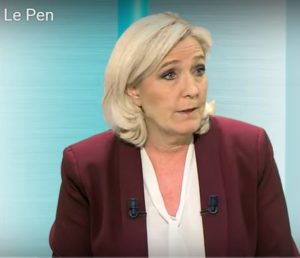
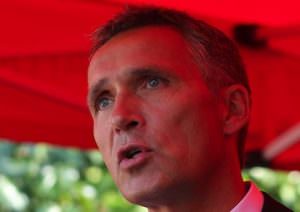
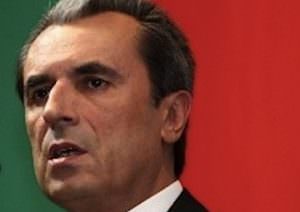
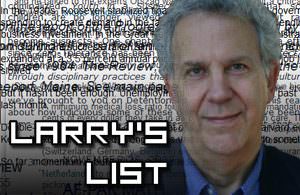
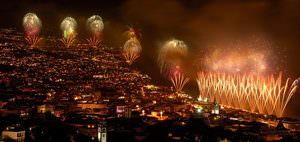
You need to be a supporter to comment.
There are currently no responses to this article.
Be the first to respond.